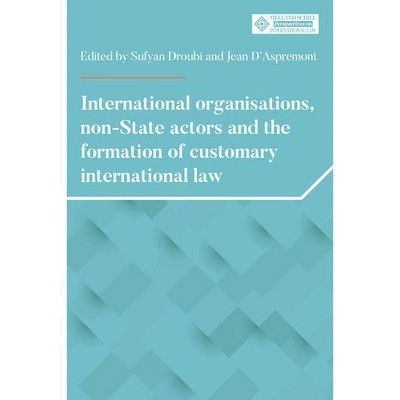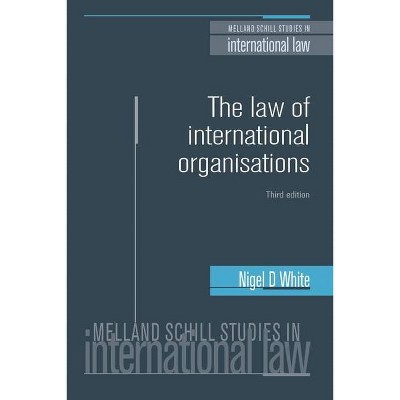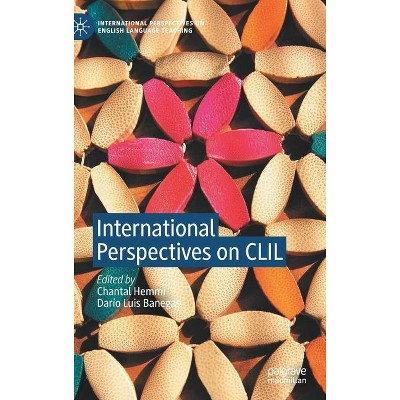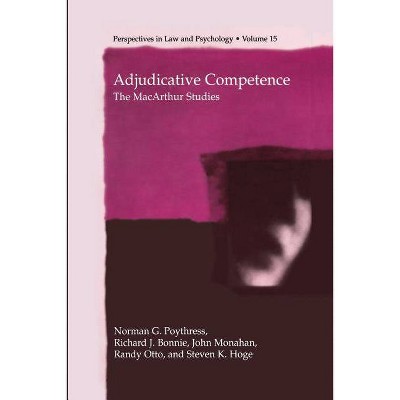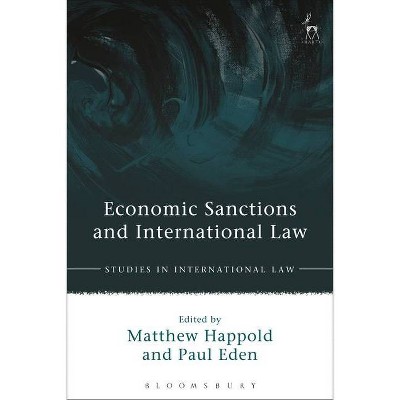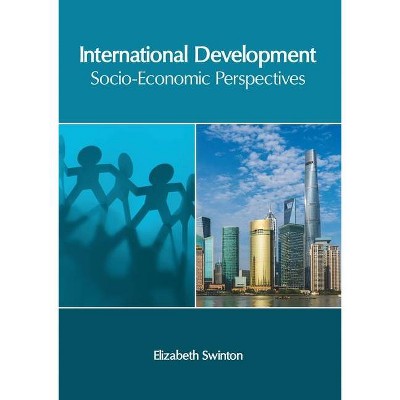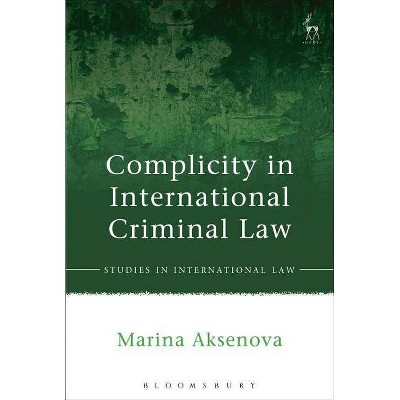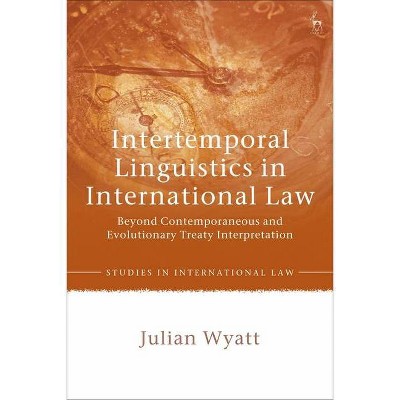Cinematic Perspectives on International Law - (Melland Schill Perspectives on International Law) (Hardcover)
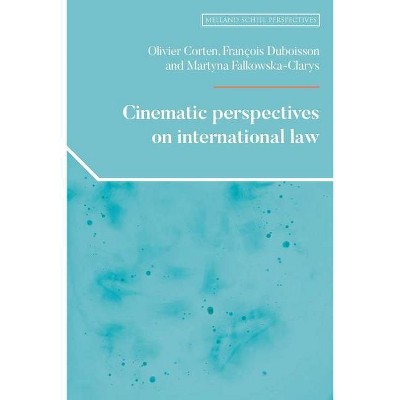
Similar Products
Products of same category from the store
AllProduct info
<p/><br></br><p><b> About the Book </b></p></br></br>This book seeks to detect the ways of thinking about international law present in films and TV series, placing focus on the various conceptions of law that are conveyed by the analysed material. The objective is to show how and why cinematographic representations depart from interpretations of rules generally accepted by lawyers.<p/><br></br><p><b> Book Synopsis </b></p></br></br>Why are constitutionalist ideals so prominent in science fiction? Does <i>Independence Day </i>depict self-defence as a legal concept with absolute limits? Is international law lost in space? This innovative interdisciplinary volume represents the first exploration of the relationship between international law and cinema. From <i>Star Wars</i> to Werner Herzog, <i>The Godfather </i>to <i>The West Wing</i>, this book uncovers a diverse range of representations of international law and its norms in film and television. Examining the wider links between international law, cinema, and ideology, the contributions not only examine visual representations of international law, but they offer an essential insight into the functions fulfilled by these cinematic representations<i>.</i> Providing an extraordinary introduction to a variety of perspectives on core international legal questions, <i>Cinematic perspectives on international law</i> extends a valuable methodology by which international lawyers can critique the depiction of international law in film.<p/><br></br><p><b> From the Back Cover </b></p></br></br>Why are constitutionalist ideals so prominent in science fiction? Does <i>Independence Day </i>depict self-defence as a legal concept with absolute limits? Is international law lost in space? This innovative interdisciplinary volume represents the first exploration of the relationship between international law and cinema. From <i>Star Wars</i> to Werner Herzog, <i>The Godfather </i>to <i>The West Wing</i>, this book uncovers a diverse range of representations of international law and its norms in film and television. Examining the wider links between international law, cinema and ideology, the contributions not only examine visual representations of international law, but they offer an essential insight into the functions fulfilled by these cinematic representations<i>.</i> Providing an extraordinary introduction to a variety of perspectives on core international legal questions, <i>Cinematic perspectives on international law</i> extends a valuable methodology by which international lawyers can critique the depiction of international law in film.<p/><br></br><p><b> About the Author </b></p></br></br>Olivier Corten is Professor of International Law at the Université libre de Bruxelles François Dubuisson is Professor of International Law at the Université libre de Bruxelles Martyna Falkowska-Clarys is an attaché at the Belgian Judicial Training Institute
Price History
Price Archive shows prices from various stores, lets you see history and find the cheapest. There is no actual sale on the website. For all support, inquiry and suggestion messagescommunication@pricearchive.us
